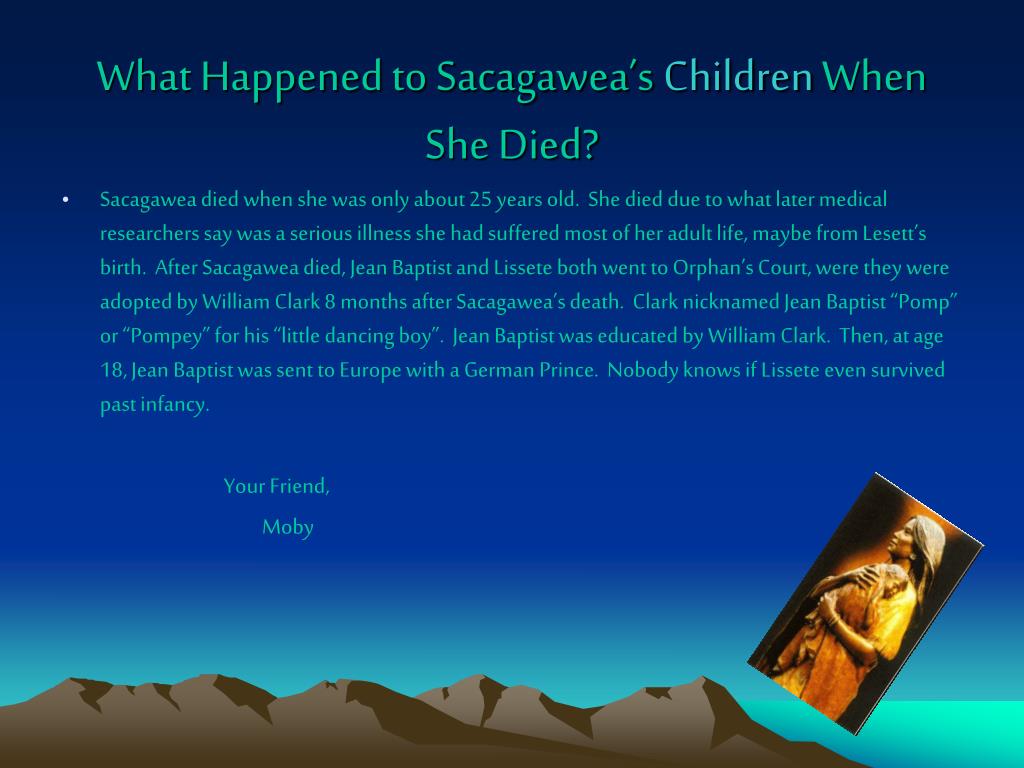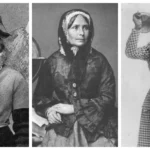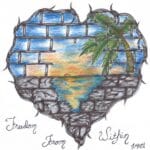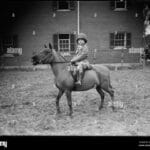Most people stumble when trying to pronounce “Sacagawea.” Is it with a hard “g” or a soft “j”? What about “Sacajawea”? The truth is, there isn’t one universally accepted pronunciation. This guide delves into the fascinating history and linguistics behind this iconic name, providing a respectful and accurate understanding of its pronunciation.
The Elusive “Correct” Pronunciation
The most commonly heard pronunciation is /səˌkɑːɡəˈwiːə/, with a hard “g” as in “go.” However, /ˌsækədʒəˈwiːə/, with a softer “g” approaching a “j” sound, also exists, likely stemming from historical accounts given to Nicholas Biddle, the editor of the first published Lewis and Clark journals. Recognizing both pronunciations demonstrates an awareness of the name’s complex history.
| Pronunciation | IPA | Notes |
|---|---|---|
| Most Common | /səˌkɑːɡəˈwiːə/ | Widely accepted and used by institutions like the National Park Service. |
| Historical Variant | /ˌsækədʒəˈwiːə/ | Reflects early interpretations and linguistic shifts. |
This isn’t a simple case of right or wrong. The existence of multiple pronunciations reflects the challenges of transliterating Indigenous languages, particularly during the era of Lewis and Clark. Their journals, while invaluable, record Sacagawea’s name in at least eight different spellings—all with a “g”—across seventeen mentions. This inconsistency highlights the difficulty of capturing the nuances of Shoshone, Sacagawea’s native language, within the framework of English spelling.
Transliteration Challenges: A Name in Translation
Imagine hearing a language entirely new to you and trying to write it down using only the letters you know. This is precisely the challenge faced by those who first encountered Sacagawea and her people. Capturing the sounds of Shoshone with the tools of English spelling proved difficult, as evidenced by the varied spellings in Lewis and Clark’s journals. Even Clark used spellings with a “j” in his Cash Book. Later, Biddle, relying on information from Clark and Private George Shannon, leaned towards a “j” sound. These historical variations provide context for the pronunciation debate that persists today.
Deciphering Meaning: Bird Woman or Boat Launcher?
Adding to the complexity is the name’s meaning. Some scholars suggest “boat launcher,” connecting it to Sacagawea’s crucial role in guiding the Lewis and Clark expedition along rivers. Others interpret it as “bird woman,” a more poetic translation embraced by North Dakota, which uses the spelling “Sakakawea.” The existence of different Shoshone dialects might explain these variations, suggesting that a word’s meaning, and perhaps its pronunciation, could shift based on cultural context.
Pronouncing with Respect: Honoring a Legacy
Ultimately, the most important aspect may not be strict adherence to a single “correct” pronunciation, but rather an understanding of the complexities surrounding Sacagawea’s name. By acknowledging the historical and linguistic nuances, we approach her legacy with cultural sensitivity. Pronouncing her name thoughtfully, informed by history and meaning, becomes an act of respect. Ongoing research may further illuminate the original pronunciation and shed light on the ongoing evolution of this intriguing name.
Sacagawea vs. Sacajawea: Untangling the Spellings
The “Sacagawea” vs. “Sacajawea” debate is not just about spelling. It reflects the difficulties of recording oral languages, particularly across cultures and time. While the official spelling, thanks to the U.S. Geographical Board, is “Sacagawea,” understanding the variations adds depth to our appreciation of her story.
| Spelling | Language/Origin | Meaning |
|---|---|---|
| Sacagawea | Hidatsa (Official) | Bird Woman |
| Sakakawea | Hidatsa (North Dakota) | Bird Woman |
| Sacajawea | Shoshone | Boat Launcher |
| Tsakaka-wea | Hidatsa (Historical Pronunciation) | Bird Woman |
Each spelling offers a glimpse into the name’s journey, reminding us of the challenges of transliteration. Lewis and Clark’s journals primarily use “Sacagawea,” but the existence of other recorded spellings underscores the fluidity of language in the early 19th century.
Sacandaga: A Different Name, A Different Place
It’s important not to confuse Sacagawea with Sacandaga, a lake and region in New York’s Adirondack Mountains. The correct pronunciation of Sacandaga is sak-ən-DAY-gə, with the emphasis on “DAY.” This pronunciation is most common among locals and reflects the region’s heritage, likely rooted in the Mohawk or another Iroquoian language.
Learning the correct pronunciation of place names demonstrates respect for local culture and aids clear communication. While variations might exist, knowing the locally preferred form enhances connection with the region.
Interested in other remarkable lives? Uncover the captivating life story of Gloria Carter Spann and delve into the chilling tale of Velma Margie Barfield.









